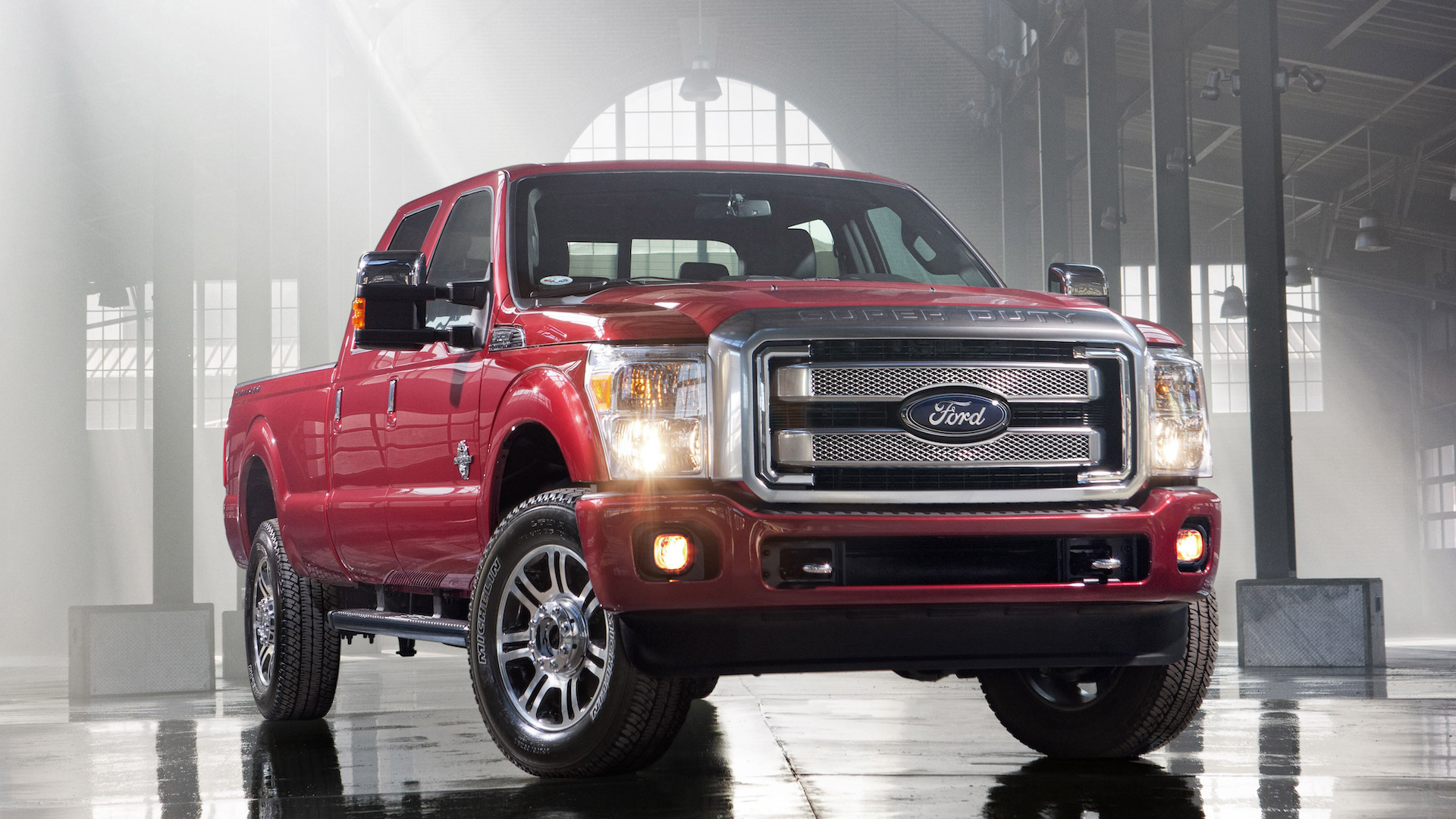

Ford will pay $19.2 million to settle claims of false advertising about its fuel economy and payload ratings for some of its vehicles, the Iowa Attorney General’s Office said on Tuesday. Ford agreed to the settlement without admitting wrongdoing, Automotive News reported.
The settlement concerns claims made regarding the 2013-2014 Ford C-Max hybrids and 2013-2014 Super Duty pickups. Ford was charged with making knowingly false statements on the fuel economy of the C-Max, while overstating the usable payload capacity of its Super Duty models. “Unfortunately, these figures were not based in reality, leaving customers with vehicles that did not meet their standards,” Iowa Attorney General Tom Miller said in a statement.
In the case of the C-Max hybrids, Ford dropped advertised fuel economy ratings significantly when the problem came to light in 2013. The original figure of 47 mpg across the board came from the 2013 Ford Fusion hybrid, which was originally considered close enough given the vehicle’s similar weight and shared engine and transmission. When this proved unachievable for the C-Max in practice, the figures were dropped to 45 mpg city, 40 mpg highway, and 43 mpg combined.

Owners were subsequently cut checks for $550 to cover the higher-than-expected fuel costs. According to Acting New Jersey Attorney General Matthew Platkin, Ford had misrepresented how far a C-Max hybrid could travel on one tank of gas, while also suggesting that driving style would not affect the fuel economy of consumer vehicles in the real world.
States also asserted that Ford’s claims around the payload capacity of its Super Duty trucks were deceptive in nature. “In calculating the maximum payload capacity of its vehicles, the investigation found, Ford employed a truck configuration it did not actually intend to sell to individual buyers,” Platkin said.
Instead, the figures were quoted for a truck equipped with a miniature center console and lacked a spare wheel, tire and jack, radio, and center console. This let Ford retain its claim of “Best in Class” payload in advertising claims, despite not selling the specified vehicle to the public.
Ford’s settlement was made with 40 states along with the District of Columbia. It prohibits the Michigan-based automaker from making false or misleading claims regarding fuel economy figures or the payload capacity of its new vehicles. Amidst billions in profits made over the last year, the settlement will barely register for Ford, even if it’s faced some serious losses on its Rivian investment since then. In a statement, Ford said it was pleased to see the case “closed without any judicial finding of improper conduct.”
Got a tip? Let the author know: lewin@thedrive.com